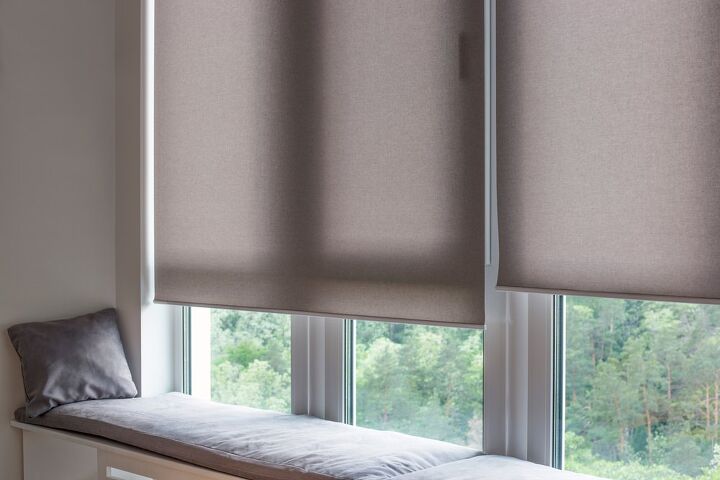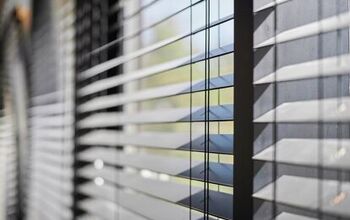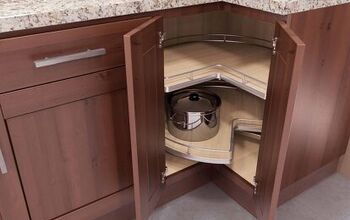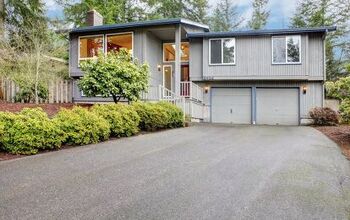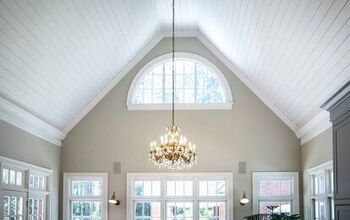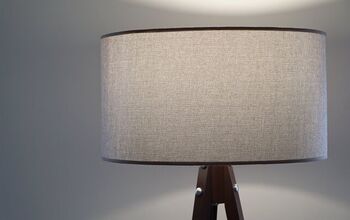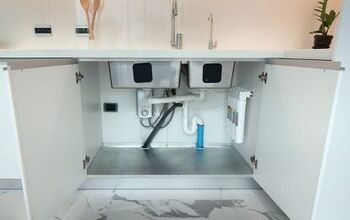Does A Landlord Have To Provide Window Coverings?

What is a landlord required to provide? What is the responsibility of the tenant to provide? These are common questions within the scope of the tenant-landlord relationship. These questions cover items like appliances, carpeting, and trash receptacles, among others. Then, there is the question of the windows, and questions such as does a landlord have to provide window coverings?
Landlords are not required to provide window coverings. That includes blinds, tinting, curtains, or any other type of window covering. Additionally, it is the tenant who will need to put up window coverings if they want them, which can also involve curtain rods or hanging fixtures for blinds or drapes.
Windows offer many benefits to our homes. They provide aesthetic appeal, light, and protection from the elements along with other benefits. Dressing those windows, however, is something that normally falls under the category of tenant responsibility. There are though exceptions to that rule.
Do You Need Window Blind and Shade Installers?
Get free, zero-commitment quotes from pro contractors near you.

The Rules of Window Coverings Regarding Rental Properties
While many houses, apartments, and other rental properties don’t come with window coverings, there are also more than a few that do. It is often advisable for landlords to provide these features and items. Window coverings such as blinds or drapes make a home or apartment more presentable and often easier to rent.
When a tenant decides to rent a property that comes with window coverings, however, there may be a different set of rules that apply. As it was previously discussed, it isn’t a requirement for landlords to provide window coverings. When they do though, there are typically guidelines outlined in the rental agreement regarding the rights of tenants and the dos or don’ts of window coverings.
While those guidelines and agreements vary from property to property, there are some common questions that can surface in these situations. Here are a few of those questions regarding how window coverings are handled for rental properties.
Can Tenants Change the Existing Curtains or Window Coverings?
In most cases, a tenant can change existing window coverings provided they have consent from the landlord. It is also always a good idea to have that consent in written form in the event of questions or disagreements later.
Older apartments and homes that have window coverings installed may have a circa 1980s feel and look. Making changes to window coverings can improve not only the look of a room but the entire house or apartment.
It is the tenant’s responsibility in these scenarios to pay for new window coverings. The responsibility for those expenses includes any changes to the curtain rods or any needed materials involved in changing the window coverings. The tenant-landlord law will usually side with the tenant on these matters too. Most changes deemed as “minor” generally can’t be denied. It is worth noting that the tenant will still need to get approval beforehand.
Can the Landlord Charge Me for not Replacing Window Coverings?
Another question tenants run into when renting a property that comes with window coverings regards repairs or replacement window coverings. Specifically, those questions involve the responsibility of replacing or repairing window coverings. With age, wear, and use, window coverings will eventually need to be fixed or more often, replaced.
In most scenarios, the landlord will be more than willing to handle and pay for the expense of replacing or repairing any window coverings that were existing at the time of move-in. That is, provided the tenant has made changes. In a situation where the tenant has changed the window covering, the tenant will likely need to bear the cost of repairs and replacement coverings.
If the tenant is responsible for damages to window coverings, such as curtain tears or damages to blinds, they can be responsible for handling the replacement and cost of those window coverings. Details regarding the treatment, care, and responsibility of window coverings should also be in the rental contract or lease agreement.
How Long Should Window Coverings Last?
On average, window covering like blinds will last for about 7 to 8 years. Realistically, window coverings will be changed before then, and for many reasons. Here is where the question of replacing window coverings as a result of age and wear comes into play. Although the landlord isn’t required to provide window coverings, if the rental property came with window coverings, chances are good that the landlord will be amicable in meeting the tenant’s request.
Can Tenants Tint the Windows of a Rental Property?
Like most window coverings, including tinting the windows, these changes are generally permitted. Also, as with other changes to existing window coverings, written permission from the landlord should be obtained before making any changes. Nobody wants to go through the effort and expense of changing window coverings only to be forced to take it back down.
Is It Better to Rent a Property with Window Coverings Already Installed?
There is no right or wrong answer to this question, and much of the answer will depend on the tenant’s preference. It can, in many cases, speak to the care and quality of the property management team though, when a rental property comes with window coverings.
The Pros of Rental Properties with Existing Window Coverings
There are several benefits to renting a property that already has window coverings. First and foremost, it is one more task and one more expense the tenant won’t need to worry about. Rental properties that come with window coverings also have a better appearance at move-in, along with having the hanging fixtures already installed.
Do You Need Window Blind and Shade Installers?
Get free, zero-commitment quotes from pro contractors near you.

The Pros of Rental Properties without Existing Window Coverings
The biggest advantage of moving into a property without window coverings is the freedom to make the changes you want. If there are no window coverings installed at the time of move-in, then it is typically up to the tenant’s discretion regarding the type and style of window covering. These scenarios also won’t’ require any permission from the landlord to install window coverings.
Related Guides

We are a team of passionate homeowners, home improvement pros, and DIY enthusiasts who enjoy sharing home improvement, housekeeping, decorating, and more with other homeowners! Whether you're looking for a step-by-step guide on fixing an appliance or the cost of installing a fence, we've here to help.
More by Upgraded Home Team



